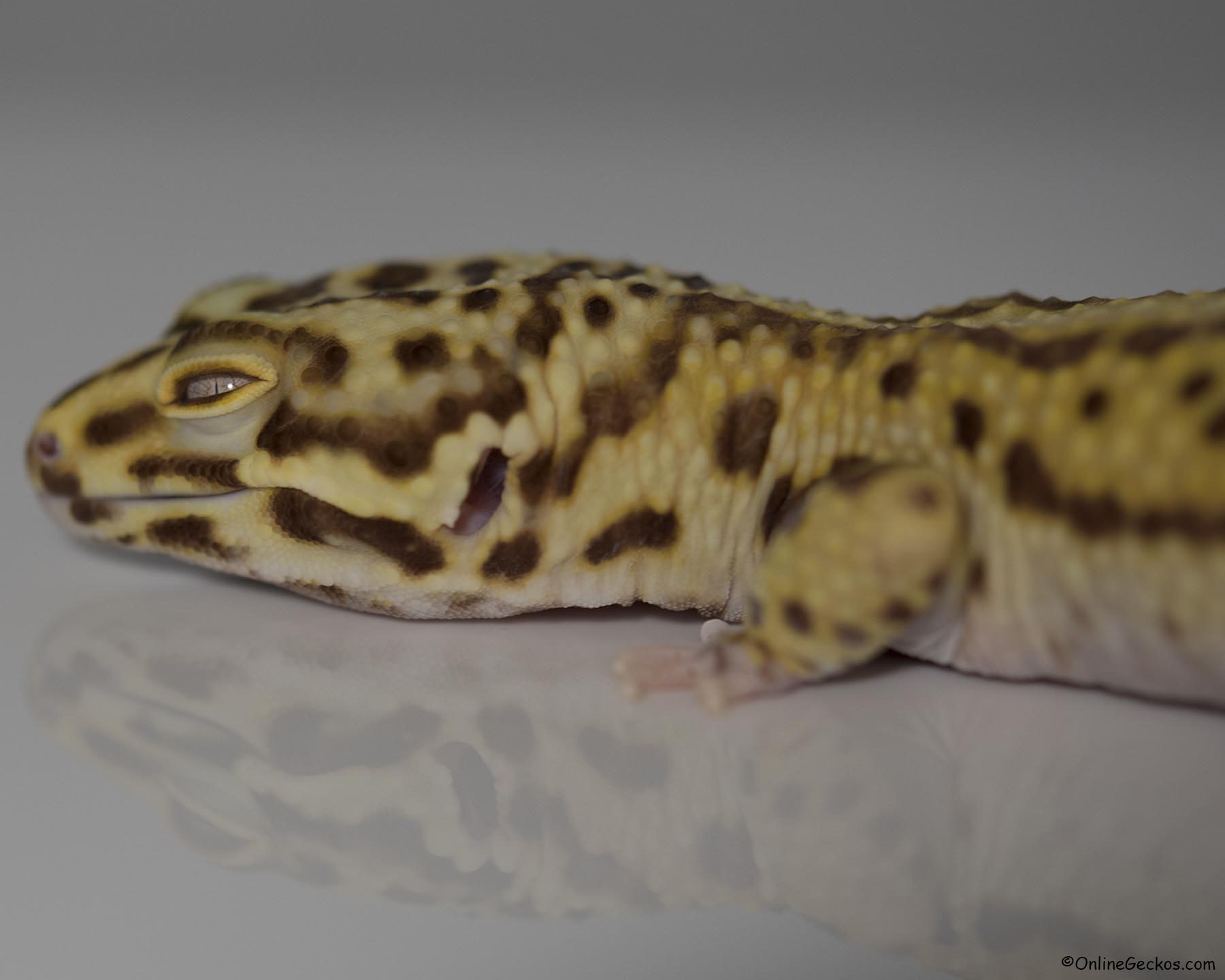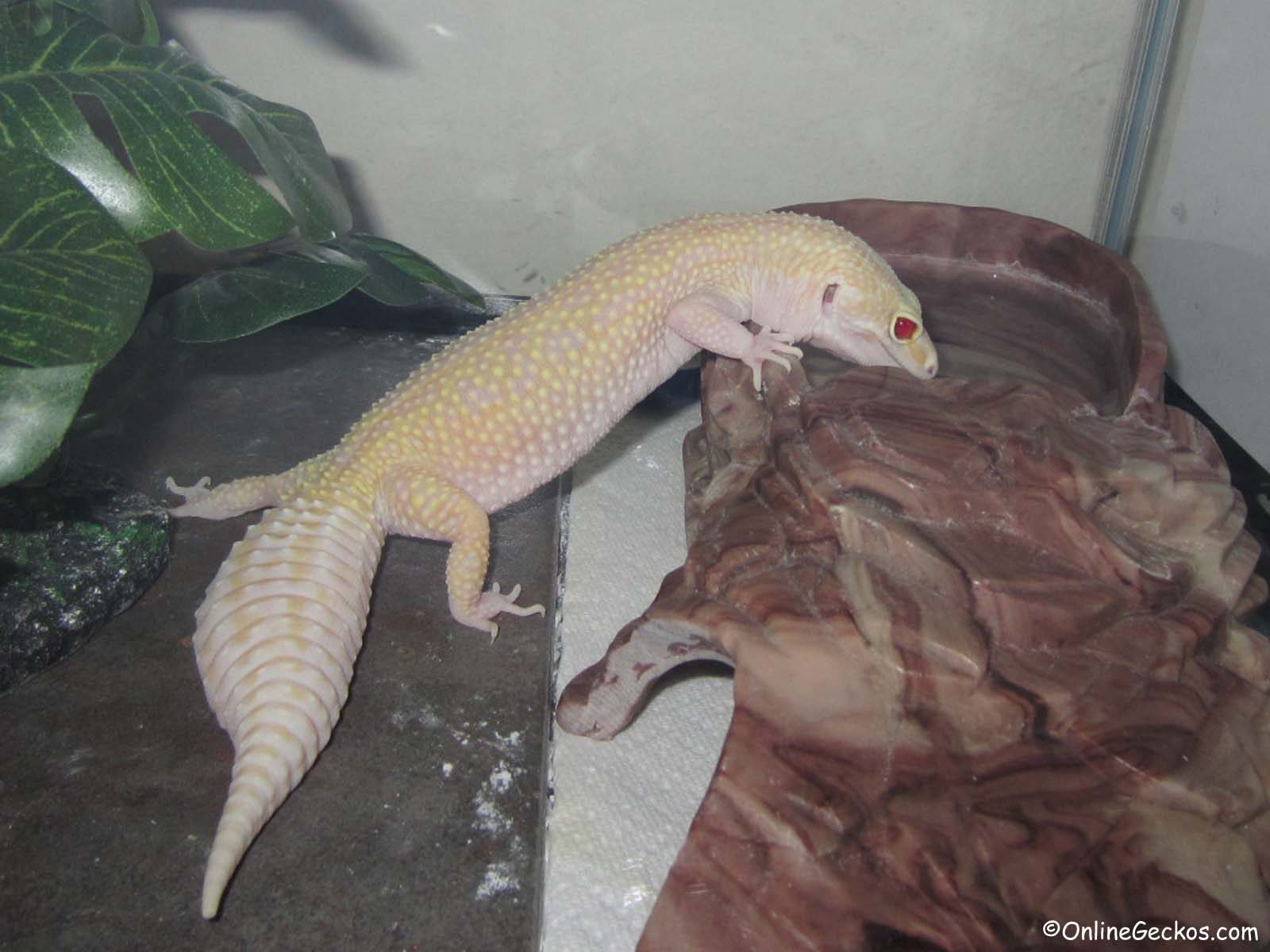If you are just getting into leopard geckos, you might be wondering why buy from leopard gecko breeder as opposed to buying from local pet stores. You might be asking why there are such price differences, and is it worth it? Here we’ll explore the differences and hopefully help you make your purchase decisions easier.
So what do we know about pet store geckos? Well, very little.
- We know pet stores often stuff 5+ geckos into the same display container, a container size suitable for 1-2 juvenile leopard geckos at best. There’s no temperature gradient, and they’re often all crammed inside one small hide.
- We know they often use wood barks, sand, or repti-carpet for substrate, none of which are ideal for leopard geckos. While repti-carpet does not pose direct health risks unlike bark & sand, carpet traps bacteria and is very hard to clean.
- We know often they have crickets crawling all over the place, sometimes even on the geckos themselves.
- The geckos often look skinny, malnourished, and frail. Many have injured tail or bite marks on them.
Now what don’t we know about pet store geckos?
- We don’t know their sex, and when asked, store employees won’t know what temperature the geckos were incubated in. So you can’t temperature sex them or even make an educated guess. If you are looking specifically for a male or female, you just can’t be sure.
- We don’t know their genetic background, or the morphs of the parents. So there’s no way to tell what geckos are het for or what kind of mix they are. This leaves you out from ever breeding them ethically.
- We don’t know the hatch dates of these geckos, so you won’t ever know their age.
- We don’t know their weight. Without knowing their age + weight, it’s hard to gauge their growth rate or know if the geckos are healthy.
- We don’t know the breeders these geckos are from, so you’ll have no idea if you are buying from ethical breeders or just another gecko farm where they cram multiple hatchlings in small tubs.
- We don’t know the reputation of the breeders these geckos are from, therefore we won’t know the conditions they were bred & raised in. This means the geckos could be raised in poor conditions, and likely will carry parasites or diseases which will pose threats to your existing geckos. Not to mention if the geckos get sick, you’ll face huge vet bills.
- We don’t know if these geckos are being cared for properly in the pet stores by knowledgeable individuals. We know their living condition is less than stellar as noted above, but are the feeders getting gutloaded? Are the feeders being dusted properly with multivitamin powders prior to being fed? Is the belly temperature inside the display tanks at the proper 88-93 degrees?

